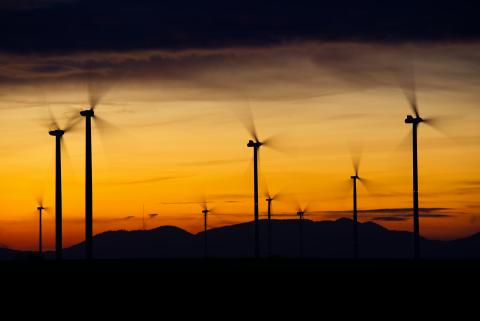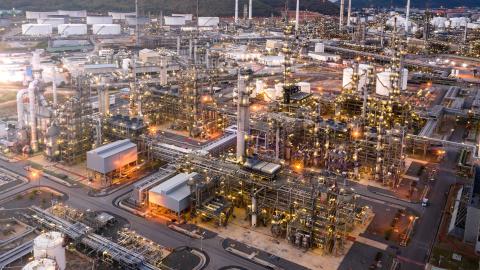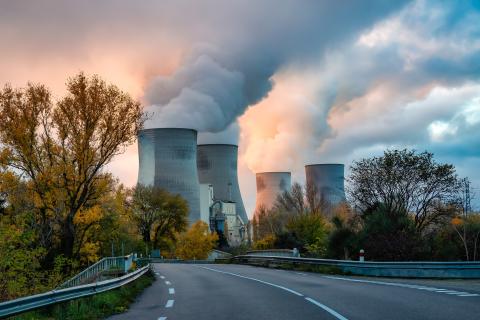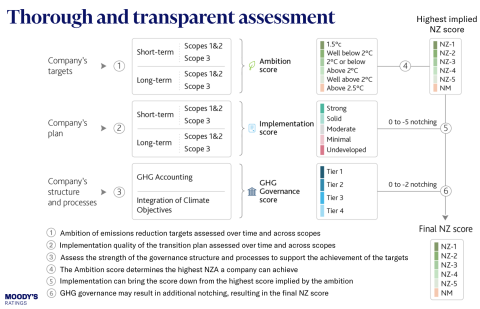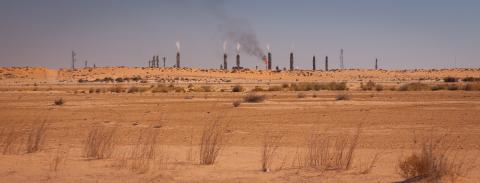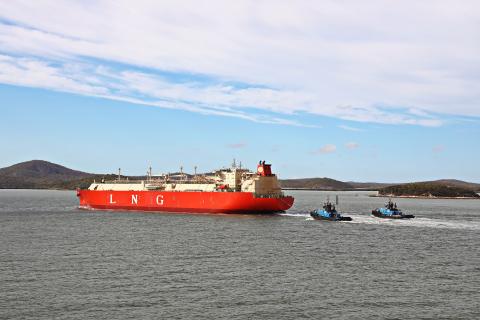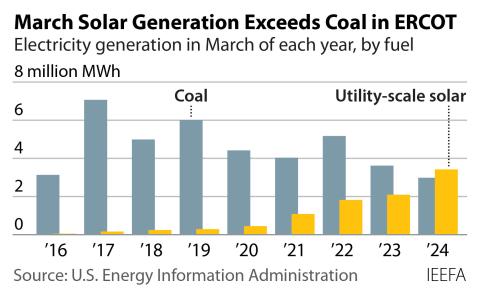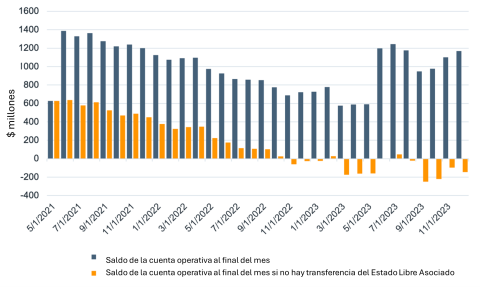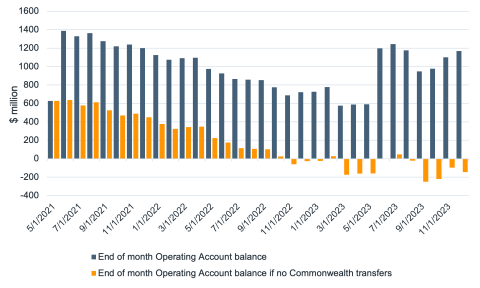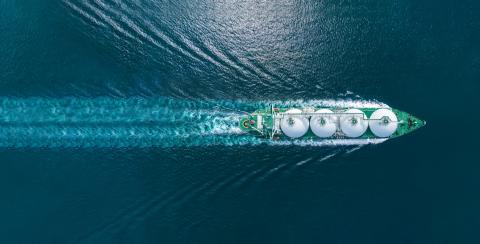IEEFA: Growing risks for US$50 billion of Mozambique LNG projects
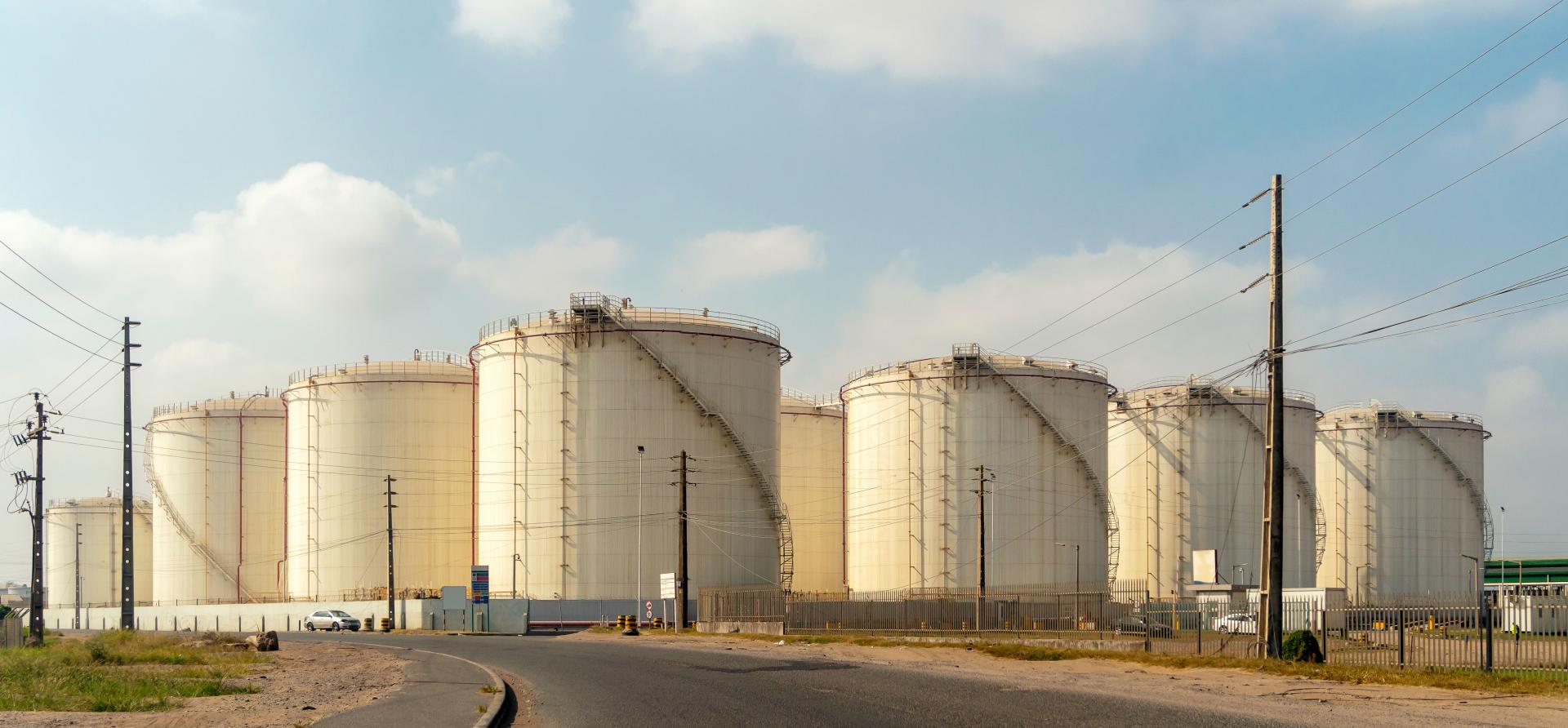
French oil and gas company Total is facing increased security concerns at its US$20 billion Mozambique LNG project.
The company has been removing staff from the project site as a three-year old Islamist militant insurgency in the northern province of Cabo Delgado escalates further.
Total’s bad start to the year has flown largely under the radar
Total’s Mozambique LNG is one of two projects located on the Afungi Peninsula. The other is ExxonMobil’s Rovuma LNG project. Both are intended to involve US$50bn of investment – the largest industrial investment in Africa.
The Mozambique LNG project is intended to begin production in 2024.
However, a January 2021 Mozambique oil and gas risk commentary by IHS Markit noted that the increasing security concerns, along with COVID-19, have “raised major questions over the timelines for such huge undertakings in one of Mozambique’s least developed areas.”
Total’s bad start to the year has flown largely under the radar. News of the group’s further renewable energy investment and its exit from the main U.S. oil and gas lobby group – the American Petroleum Institute (API) – over climate disagreements have attracted more attention.
Mounting risks
Whilst the final investment decision (FID) for Total’s project was made in June 2019, Exxon has delayed FID on its US$30bn Rovuma LNG project until 2022 (and possibly even later) amid lower oil prices. Eni is Exxon’s project partner for Rovuma LNG.
The worsening security situation is raising the risk of further delays. IHS Markit stated that the “ongoing failure by the Mozambican authorities to offer sufficient protection to LNG operators is raising the risks of sustained, long-term postponements of onshore project developments” whilst scoring Mozambique an “F” for political violence over a five-year outlook.
Further delays to the LNG projects would mean they come online even deeper into the ongoing energy transition meaning they may face further regulatory hurdles.
The European Union’s new emission standards will send a strong signal to other markets including Asia
The European Union is currently working on plans to reduce greenhouse emissions arising from the extraction of the oil and gas it consumes. Its’ new emission standards will likely be introduced in the near future and these will send a strong signal to other markets including Asia. The likelihood of the EU introducing a carbon border tariff mechanism in the future is also a threat to further fossil investments.
Any LNG investment is also exposed to the risk that demand falls below expectations. Major investments such as those proposed in Mozambique are clearly dependent on LNG prices but from this point on in the global energy transition, higher gas prices destroy long-term demand by making alternative, renewable energy options even cheaper by comparison.
This week, rating agency S&P stated that “the energy transition, price volatility, and weaker profitability are increasing risks for oil and gas producers.”
And an IEEFA briefing note highlighted how more than US$50bn in Asian LNG import investment is at risk from likely higher price volatility going forward. The recent LNG price spike is not a one-off – the logistics of LNG make it prone to price surges.
More than US$50bn in Asian LNG import investment is at risk from likely higher price volatility going forward
Potential Asian growth markets for LNG such as Vietnam have little chance of implementing LNG-fired power proposals at the rate suggested by many sponsors who have been promoting overambitious targets for their project’s development milestones. The need for associated, additional infrastructure makes LNG-fired power proposals more challenging to execute than coal power projects that already struggle with chronic implementation delays in Vietnam.
Meanwhile, renewable energy installations continue to exceed expectations. Vietnam added an astonishing 9 gigawatts (GW) of rooftop solar capacity in 2020.
Growing crisis in Northern Mozambique
The growing ESG (environmental, social and governance) concerns of investors also means there are significant reputational risks for companies investing in LNG in Mozambique. Circumstances in Cabo Delgado province, and across Mozambique, are giving rise to social and governance concerns in addition to the environmental impact of greenhouse gas emissions.
Eni in particular ought to be aware of reputational risks arising from activities in Africa. The company, along with Shell, stands accused by Italian prosecutors of being fully aware of bribes paid to secure an oil field off the coast of Nigeria.
Eni in particular ought to be aware of reputational risks
Issues in Mozambique that could raise responsible investor’s eyebrows are plentiful.
After a local newspaper reported on leaked contracts between LNG developers and the Mozambique government concerning the provision of troops for security, the offices of the newspaper were torched in a suspected arson attack.
There is no suggestion that any of the LNG developers were involved in this incident.
Total has indeed signed a security pact with the Mozambique government that will see state troops protect the project site. That the Mozambique government is more focused on defending LNG projects whilst a humanitarian crisis in Northern Mozambique is getting worse may not go unnoticed for long by investors with ESG concerns.
Unlinked to the LNG projects, there have been reports of major abuses by Mozambique army troops in Cabo Delgado including executions and torture. The Mozambique government has denied this.
Total has stated that “each Mozambican military or police officer assigned to the protection of the facility receives VPSHR (Voluntary Principles on Security and Human Rights) training.”
Declining development impact?
There are also questions about the development impact of the LNG proposals for northern Mozambique. Cabo Delgado province is thousands of kilometres from the national capital Maputo, located in the more developed south of the country, and has suffered from long-term government neglect.
However, the transformational potential of the LNG projects has lessened now that related projects have been cancelled or moved south.
Shell was planning to build a gas-to-liquids (GTL) project in Northern Mozambique supplied by Afungi Peninsula gas. In its 2020 third quarter results presentation, the company revealed that it will no longer develop new greenfield GTL anymore, meaning its proposed Mozambique GTL project is now off the table.
Shell revealed that it will no longer develop new greenfield GTL anymore
Norwegian chemical company Yara International’s proposal to use Cabo Delgado gas for a fertiliser plant and power generation has also been cancelled.
Total is reportedly considering setting up a logistics base on the French island of Mayotte in the Indian Ocean rather than in Mozambique. This will likely end the Mozambique government’s hopes of establishing such a base in Cabo Delgado.
With Total also seeking to build an LNG import terminal at Maputo, it seems much of the domestic allocation of gas from the Mozambique LNG project will be heading to the south of the country by ship.
Total is reported to have been a bidder for Sasol’s 50% holding of the Rompco gas pipeline between Mozambique and Sasol’s operations in South Africa. It’s very possible that much of the LNG re-gasified in Maputo will in fact be heading out of Mozambique given Sasol’s own Mozambique gas fields are due to taper supply from 2023.
According to IHS Markit, “Some uncertainty remains over domestic supply from the LNG projects, and a key focus for the government over the forecast period will be clarifying a gas master plan to drive industrialisation and power sector growth.”
Africa’s largest foreign direct investment
2021 is likely to be a pivotal year for LNG
Clearly any concerns about risk did not prevent the Mozambique LNG project signing a US$15bn debt financing agreement – Africa’s largest ever and equal to Mozambique’s annual gross domestic product – during a global pandemic.
The finance agreement includes direct and covered loans from no less than eight export credit agencies (ECAs) including US$5bn from the Export-Import Bank of the United States and US$3bn from the Japan Bank for International Cooperation (JBIC).
However, in the wake of COVID-19, a new U.S. administration, and with gas emission regulations on the horizon, 2021 is likely to be a pivotal year for LNG.
The U.S. government is now intending to draw up a plan to end state financing of fossil fuel projects overseas whilst Exxon is now considering further capital expenditure cuts in addition to those announced in November 2020.
Risks are building for LNG projects globally, but, given events on the ground, none may be more risky than the US$50bn of Northern Mozambique projects.
This commentary first appeared in Business Day SA.
Related articles:
- Renewable energy is making inroads across Africa
- Financial prospects falter for LNG projects
- Coal power in Mozambique out-of-date before it begins construction


